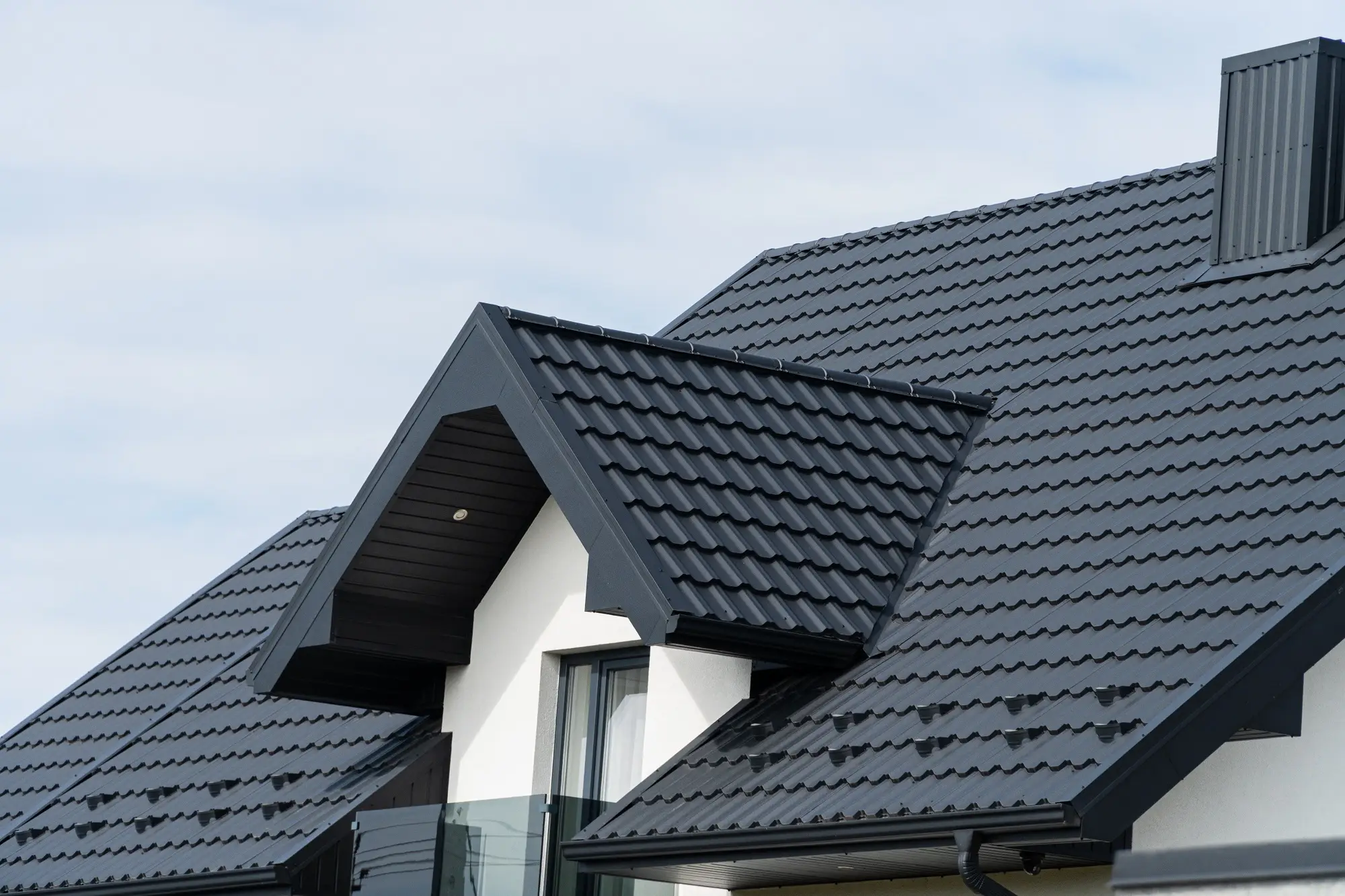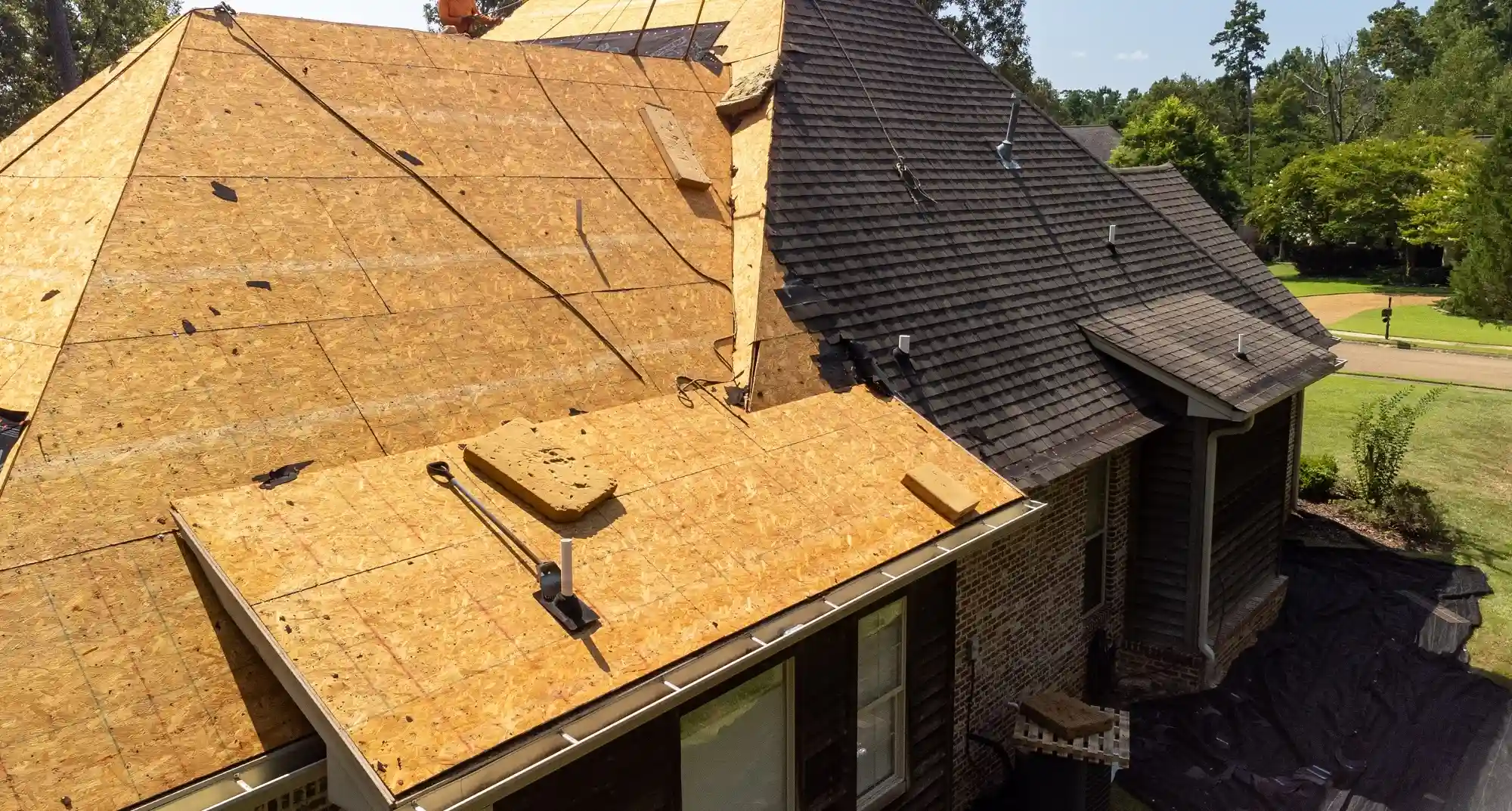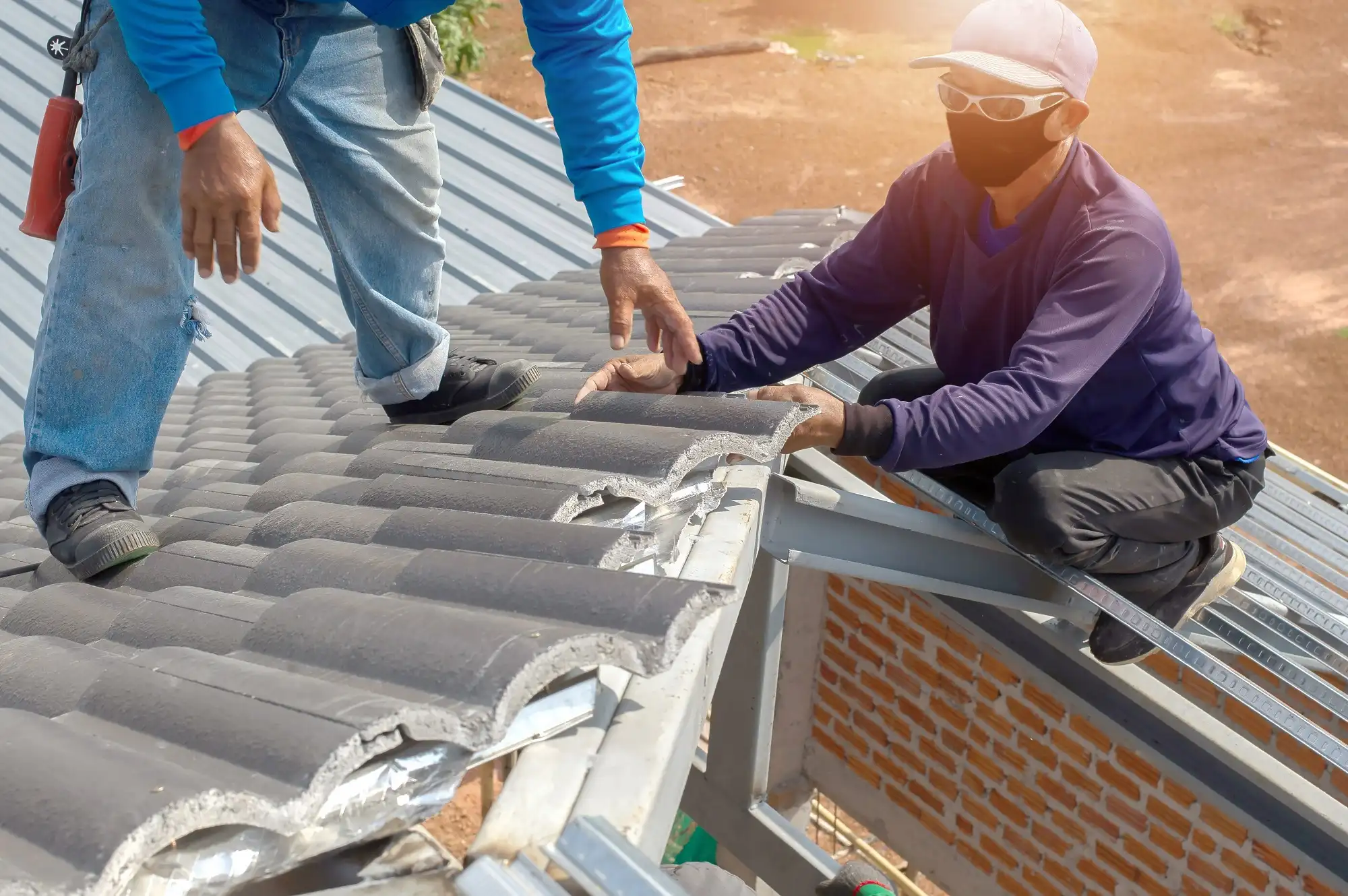As roofing experts serving Illinois homeowners for over 30 years, we've seen both successful metal roof installations over shingles and projects where this approach created problems. This guide will help you understand when installing metal roofing over existing shingles makes sense and when you should opt for a complete tear-off instead.
Understanding Metal Roof over Shingles Installation
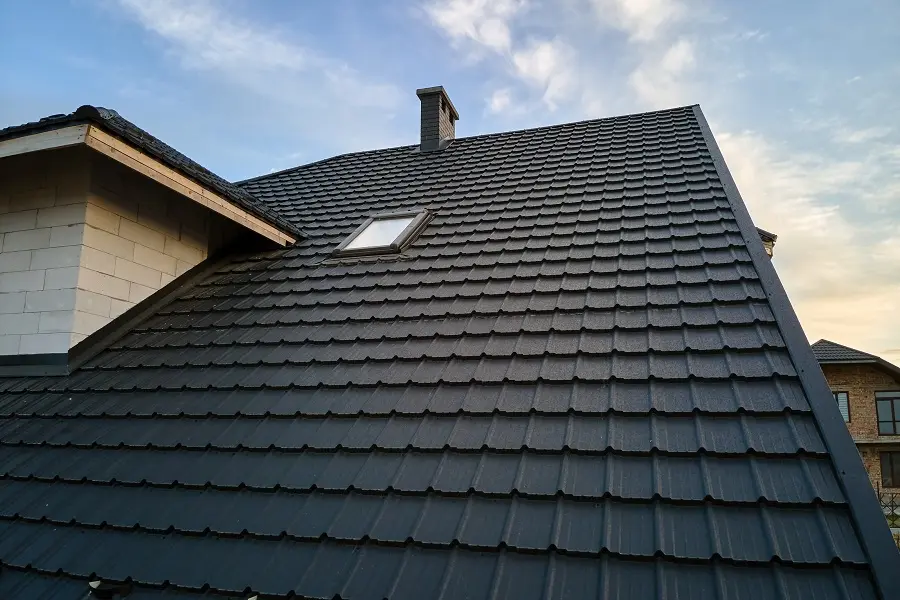
Installing a metal roof over shingles involves placing new metal panels directly over your existing asphalt shingle roof without removing your old roofing materials. This approach, often called a "roof-over" or "recover", can be an attractive option for homeowners looking to upgrade to metal roofing while managing costs.
The process typically involves installing furring strips (usually 1x4 wood strips) over the existing shingle roof, then attaching metal panels to these strips. This creates a smooth, level surface for the new metal roof while maintaining proper ventilation between the old and new roofing systems.
However, not every roof is a candidate for this installation method. The existing roof must be in relatively good condition, with only one layer of shingles and structurally sound decking underneath.
Benefits of Installing Metal Roofing over Shingles
Cost Savings
The most significant advantage of installing a metal roof over existing asphalt shingles is the potential cost savings. By avoiding the tear-off process, you can save:
- Labor costs for removal and disposal
- Dumpster fees for old roofing materials
- 1 to 2 days by reducing the project’s duration
- Disposal costs at local landfills
These savings can reduce your total project cost by 15-25%, making metal roofing more accessible for budget-conscious homeowners.
Faster Installation
Without the need to tear off existing shingles, your roofing contractor can complete the project faster. This means:
- Less disruption to your daily routine
- Reduced exposure to weather during installation
- Quicker protection for your home
- Less time with contractors on your property
Added Insulation
Your existing asphalt shingle roof essentially becomes an additional layer of insulation, potentially improving your home's energy efficiency. Combined with a metal roof's reflective properties, this can help reduce your heating and cooling costs.
Environmental Benefits
Keeping old shingles out of landfills reduces waste and environmental impact. Given that asphalt shingles make up a significant portion of construction waste, this approach supports more sustainable building practices.
When You Should NOT Install Metal over Shingles
Multiple Layers of Existing Roofing
Local building codes typically prohibit more than two layers of roofing materials. If your home already has two layers of shingles, you must tear off the shingles to the roof decking before installing metal roofing. This is both a safety and code compliance issue.
Damaged or Deteriorated Roof Decking
If your roof decking shows signs of damage, rot, or structural weakness, installing additional weight from metal panels and furring strips could compromise your roof's integrity. Warning signs include:
- Sagging areas in the roofline
- Water stains in the attic
- Soft or spongy spots when walking on the roof
- Visible damage to decking boards from below
Severe Shingle Damage
Your existing asphalt shingles must be in reasonably good condition for a successful metal roof installation. Don't proceed if you have:
- Extensive missing shingles
- Severe curling or cupping
- Multiple layers of shingles
- Significant granule loss
- Exposed underlayment
Code Restrictions
Some local building codes prohibit metal roof installations over existing shingles. In Illinois, building codes vary by municipality, so check with your local building department before proceeding. Your contractor should be familiar with local requirements and obtain necessary permits.
Proper Installation Methods for Metal Roofing over Shingles
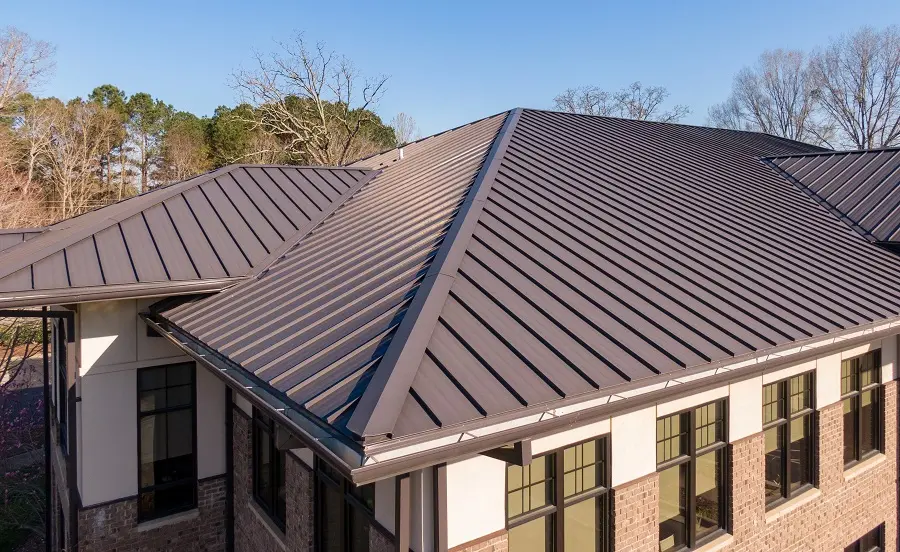
The Furring Strip Method
The most common and recommended approach involves installing furring strips before the metal panel attachment:
- Inspect the existing roof for damage and suitability.
- Install 1x4 furring strips every 24 inches on the center, fastened through shingles into the rafters.
- Ensure proper spacing for metal panel attachment points.
- Install metal panels directly to furring strips.
- Maintain ventilation between old and new roofing systems.
This method creates a smooth surface for metal panels while providing proper ventilation and avoiding direct contact between the metal and asphalt shingles.
Ventilation Considerations
Proper ventilation is crucial when installing metal roofing over shingles. Without adequate airflow, you risk:
- Moisture buildup between roofing layers
- Reduced energy efficiency
- Potential for condensation problems
- Compromised longevity of both roofing systems
Your contractor should ensure continuous ventilation from eaves to ridge, often using cross-hatched furring strip patterns to promote airflow.
Underlayment and Ice Dam Protection
Even when installing over existing shingles, consider adding:
- Slip sheets between metal and shingles to prevent friction
- Ice and water shield in vulnerable areas
- Proper flashing around penetrations and edges
- Ventilation products to maintain airflow
Potential Problems and How to Avoid Them
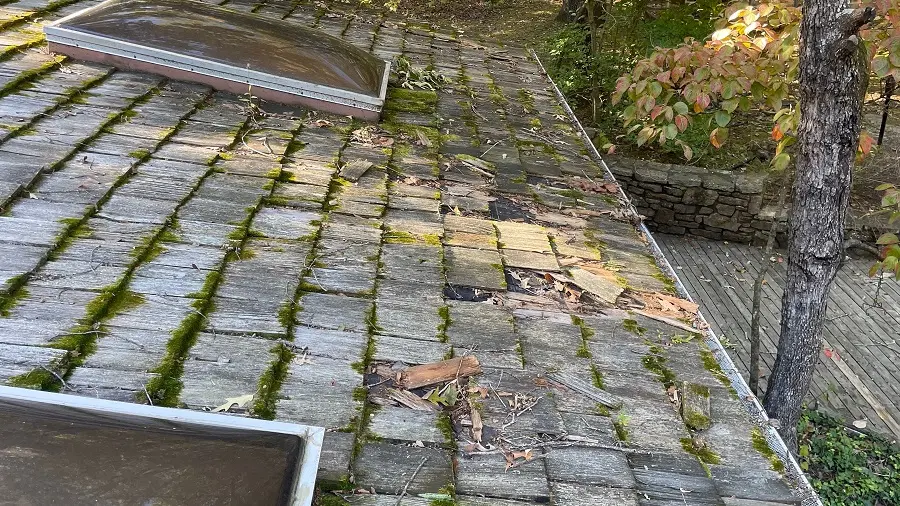
Moisture Trapping
One of the biggest risks of installing metal roofing over shingles is trapping moisture between the layers. This can lead to:
- Rot in the roof decking
- Mold growth
- Reduced insulation effectiveness
- Premature failure of both roofing systems
Prevention: Ensure the proper ventilation design and use breathable materials between layers.
Aesthetic Issues
Imperfections in existing shingles can telegraph through metal panels, creating:
- Visible bumps or ridges
- Uneven panel appearance
- Reduced curb appeal
- Professional appearance concerns
Prevention: Use furring strips to create a smooth, level surface for the metal panel attachment.
Future Repair Difficulties
When problems occur with a metal roof installed over shingles, repairs become more complicated:
- Harder to locate leak sources
- More expensive repair processes
- Potential need to remove multiple roofing layers
- Increased diagnostic time and costs
Prevention: Ensure thorough initial inspection and quality installation to minimize future problems.
Illinois Building Code Considerations
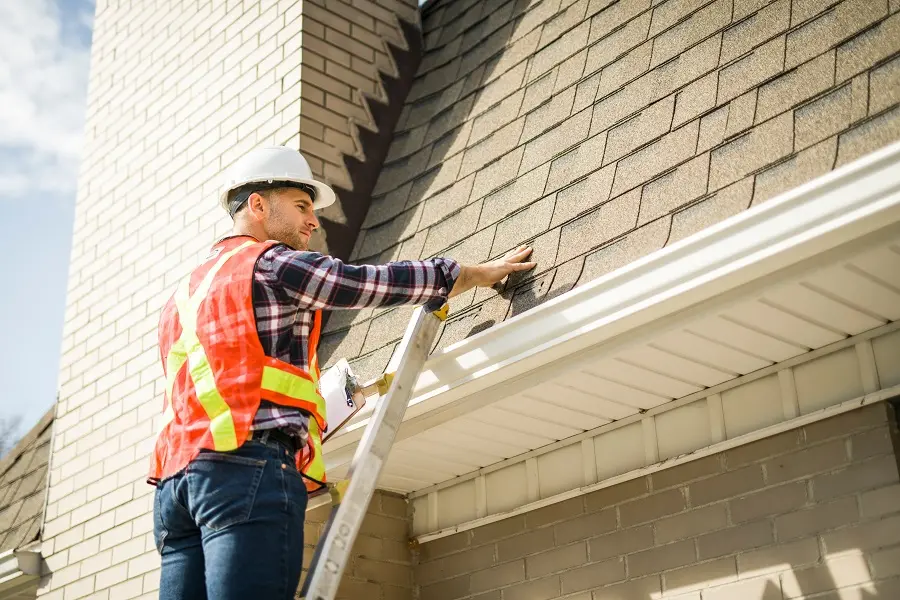
Before installing metal roofing over existing shingles in Illinois, verify:
Local Code Requirements
- The maximum number of roofing layers allowed
- Permit requirements for roof-over installations
- Specific material and installation standards
- Inspection requirements during and after installation
Structural Load Considerations
- Weight limits for the roof structure
- Engineering requirements for additional load
- Rafter spacing and support adequacy
- Foundation and wall load-bearing capacity
Professional Installation Requirements
- Contractor licensing requirements
- Manufacturer warranty compliance
- Insurance requirements and coverage
- Quality standards and industry best practices
Making the Right Decision for Your Home
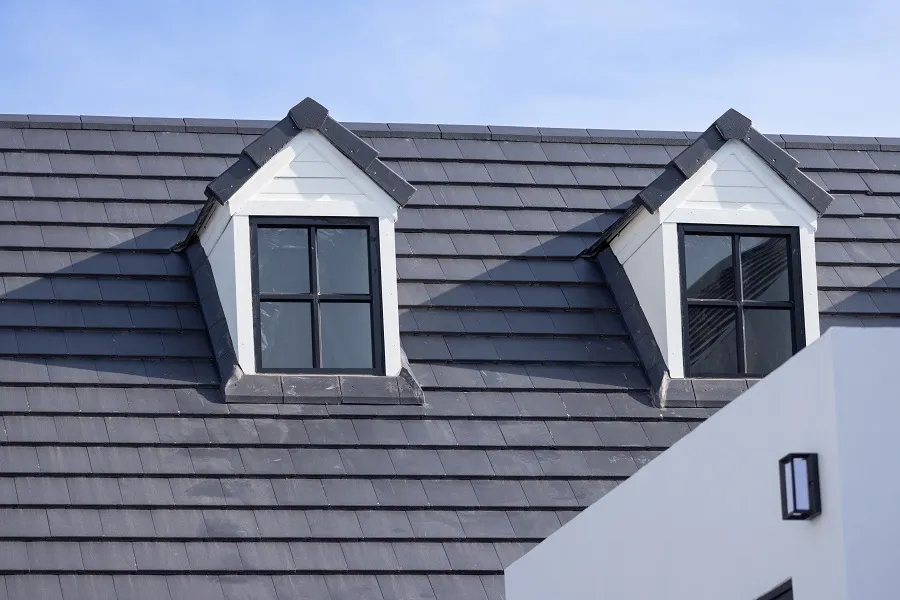
When Metal over Shingles Makes Sense
- The existing roof has only one layer of shingles in good condition
- Roof decking is structurally sound
- Local codes permit roof-over installations
- Budget constraints make tear-off prohibitive
- The timeline requires faster installation
When a Full Tear-Off Is Better
- Multiple existing roofing layers
- Damaged or deteriorated roof decking
- Severe existing shingle damage
- Long-term investment perspective
- Desire for maximum warranty coverage
Consider exploring other roofing material options like composite slate, cedar shake, or natural slate roofing to find the best roofing material for your home.
Cost Comparison: Metal over Shingles vs. Full Replacement
Understanding the financial implications helps you make an informed decision about the best approach for your home:
Metal Roof over Shingles Costs
- Material costs: Same as full replacement.
- Labor savings: 15-25% reduction.
- No disposal fees: Additional savings.
- Shorter timeline: Reduced labor hours.
For specific pricing information, check our guides on metal shingle roof costs and average roof replacement costs.
Full Metal Roof Replacement Costs
- Complete material costs: Including new underlayment.
- Full labor costs: Including tear-off and disposal.
- Disposal fees: For old roofing materials.
- Longer timeline: Additional labor days.
While installing metal roofing over shingles offers immediate cost savings, consider the long-term value of a complete replacement, including improved warranties and easier future maintenance. Compare this with asphalt shingle roof costs to understand your full range of options.
Professional Installation: Why It Matters
Installing metal roofing over existing shingles requires expertise in:
- The structural assessment of the existing roof condition
- Proper ventilation design to prevent moisture problems
- Code compliance with local building requirements
- Quality installation techniques for long-term performance
At Greater Midwest Exteriors, we evaluate each roof individually to determine whether a metal-over-shingles installation is appropriate. Our 30+ years of experience help us identify potential problems before they become costly issues. We've completed projects like our Manhattan metal roof installation that showcase proper metal roofing techniques.
To avoid roofing scams, always work with licensed, experienced contractors who understand how long roofs last and how different installation methods affect longevity.


.svg)
